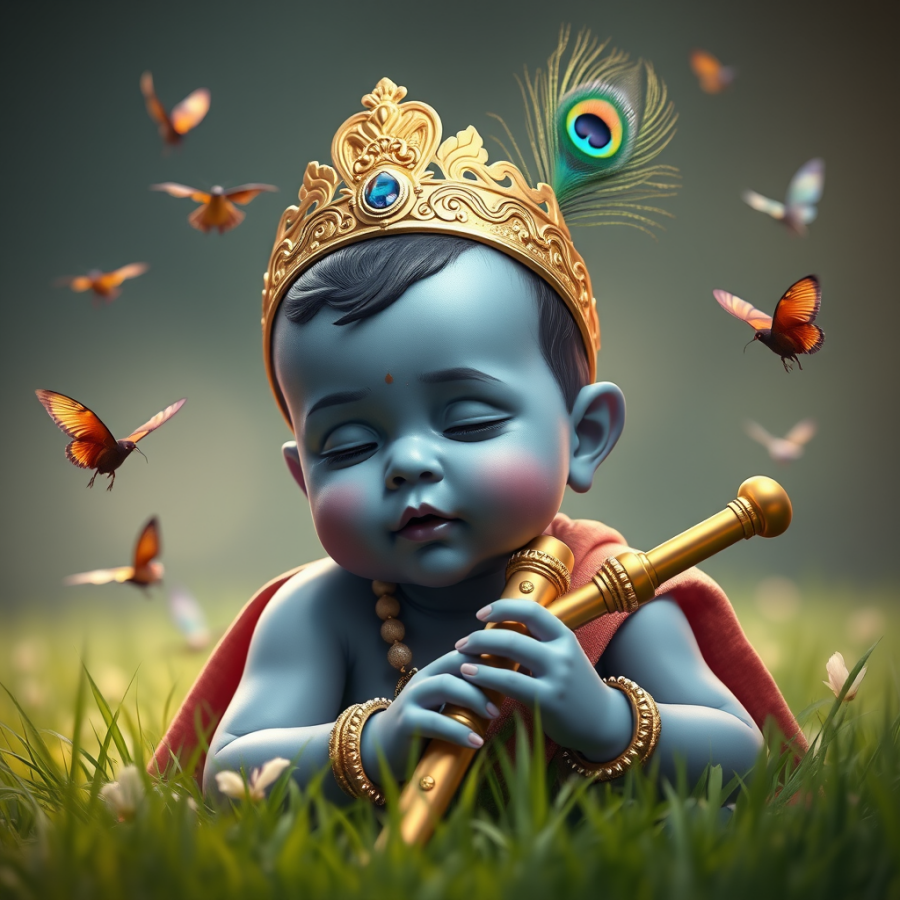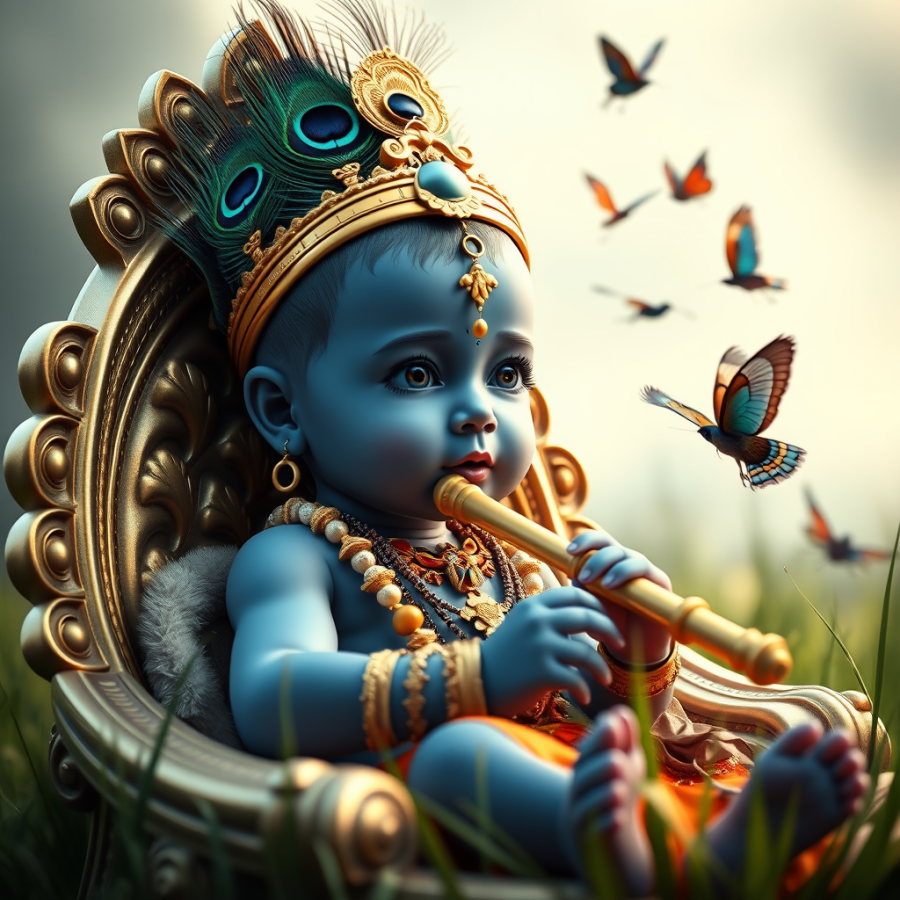

Sreekrishna Janmashtami, also known as Krishna Janmashtami or Gokulashtami, is a significant Hindu festival celebrating the birth of Lord Krishna, the eighth avatar (incarnation) of Lord Vishnu. It is observed on the eighth day of the dark half of the month of Bhadrapada (August-September) in the Hindu calendar.
The festival is marked by:
1. Devotional songs and dances
2. Recitation of the Bhagavad Gita and other scriptures
3. Traditional sweets and offerings
4. Decorations and processions
5. Reenactments of Krishna's life and legends
Krishna Janmashtami is a joyous occasion that symbolizes the triumph of good over evil and the power of love and devotion. It's a time for spiritual reflection, cultural celebration, and bonding with family and friends.

Sreekrishna Janmashtami is celebrated for several reasons:
Overall, Sreekrishna Janmashtami is celebrated to honor Lord Krishna's birth, teachings, and legacy, and to seek his blessings.

Krishna Janmashtami, is based on the legend of Lord Krishna's birth, as described in Hindu scriptures like the Bhagavata Purana and the Mahabharata.
The tyrannical king Kamsa, who ruled Mathura, had a prophecy that the eighth child of his sister Devaki would be his destroyer. To prevent this, Kamsa imprisoned Devaki and her husband Vasudeva and killed their first seven children as soon as they were born.
When Devaki became pregnant for the eighth time, Lord Vishnu, in his divine form, instructed Vasudeva to take the child to safety in Gokul, a nearby village, to protect him from Kamsa. On the night of Janmashtami, Krishna was born, and Vasudeva carried him across the Yamuna River to Gokul, where he was raised by Nanda and Yashoda, a cowherd couple.
As Vasudeva crossed the river, the gods and goddesses celebrated Krishna's birth, and the universe was filled with divine light. The river Yamuna herself helped Vasudeva by parting her waters to facilitate the safe passage.
Years later, Krishna returned to Mathura, confronted Kamsa, and ultimately killed him, fulfilling the prophecy.


